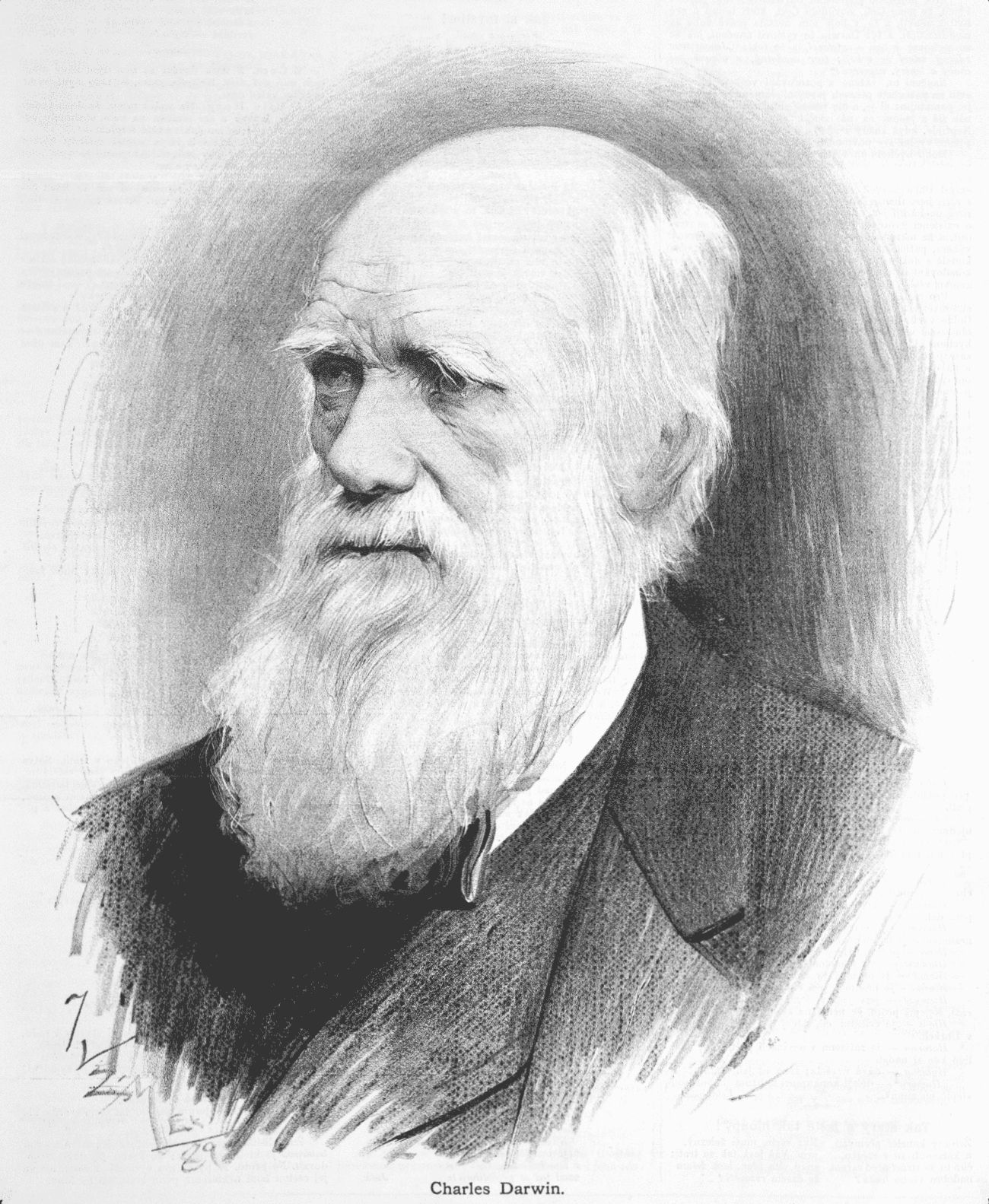
Here is more evidence from the Bible that an omniscient creator god couldn't have written it.
The interesting thing to me is how the vested interests of religious apologists and the desperate needs of Creationists to pretend they know better than people who learn science and stuff, cause them to perform the mental gymnastics needed to ignore all this evidence in the very book they worship as infallible. One trick they employ is to try to convince themselves that all modern science is wrong and the Bronze Age goat-herders knew all there is to know. In this day and age that tactic takes considerable skill at avoiding learning or finding ways to dismiss it.
I've shown in
'How We Know a God Didn't Write the Bible' how the Old Testament describes a god who was necessarily as ignorant as the Bronze Age goat-herders who wrote it. It is of course inconceivable that a god who wanted to have a book written to show us how clever, wise and powerful he is would have chosen people with such a primitive understanding of the universe without educating them first, and then allowed them to get away with such a hilarious travesty and so present the god as frankly, no wiser than an uneducated Bronze Age goat-herder.
Can you imagine a Bronze Age scribe writing a lot of stuff about relativity, quantum mechanics, atoms, germ theory and memetic evolution? Who would have taken him seriously? Of course, he had to write about stuff as he understood it. Unfortunately, he made the magic man above the sky he was assuming must have done it look as scientifically illiterate as he was. How could it be otherwise?
The usual tactic of Christians, when shown the absurdity, misogyny, racism, misanthropy and sheer brutal inhumanity in the Old Testament is to turn their backs on it, keeping the useful parts obviously, and claiming Jesus changed all that.
That excuse isn't open to them either in the case of it's manifest scientific ignorance though, because the Iron Age writers of the New Testament were little better than the Bronze Age writers of the Old Testament when it came to science. Consequently, they had the 'Son of God' who was also the God of the Old Testament, coming out with equally bad science based on the ignorance of the time. Jesus of course, or more accurately, those who wrote the myths of Jesus, had little more science to go on than the Bronze Age goat-herders. The only significant scientific progress had been in the smelting of iron and the use of wheels. (That's right, the writers of large parts of the Old Testament - the parts Creationists hold to be literal scientific truth, the font of all knowledge and the best available account of how the universe and life on earth arose - hadn't even thought of the wheel).
Let's now enjoy some of the accounts of what Jesus believed the universe to be like according to those who wrote about him.
Just like the ancient Egyptians, and people in many other pre-scientific societies, Jesus thought the heart was the seat of emotions, where thinking took place:
And immediately when Jesus perceived in his spirit that they so reasoned within themselves, he said unto them, Why reason ye these things in your hearts?
Mark 2:8
For verily I say unto you, That whosoever shall say unto this mountain, Be thou removed, and be thou cast into the sea; and shall not doubt in his heart, but shall believe that those things which he saith shall come to pass; he shall have whatsoever he saith.
Mark 11:23
And Jesus, perceiving the thought of their heart, took a child, and set him by him.
Luke 9:47
"Hey Jesus! Didn't it bother you that these writers made it look like you and your dad knew no better than uneducated Iron Age ignoramuses how his creation worked"?
Jesus also thought that illness and disabilities, including blindness and dumbness, were cause by evils spirits (the same magical thinking which inspired all those medieval witch-burnings).
As they went out, behold, they brought to him a dumb man possessed with a devil.
Matthew 9:32
And one of the multitude answered and said, Master, I have brought unto thee my son, which hath a dumb spirit.
Mark 9:17
And he was casting out a devil, and it was dumb. And it came to pass, when the devil was gone out, the dumb spake; and the people wondered.
Luke 11:14
Then was brought unto him one possessed with a devil, blind, and dumb: and he healed him, insomuch that the blind and dumb both spake and saw.
Matthew 12:22
And, behold, there was a woman which had a spirit of infirmity eighteen years, and was bowed together, and could in no wise lift up herself.
Luke 13:11
It's not just disability which is cause by demons either. Seizures and insanity were also caused by evil spirits in Jesus' day, apparently.
And, lo, a spirit taketh him, and he suddenly crieth out; and it teareth him that he foameth again, and bruising him hardly departeth from him.
Luke 9:39
And when they were come to the multitude, there came to him a certain man, kneeling down to him, and saying, Lord, have mercy on my son: for he is lunatick, and sore vexed: for ofttimes he falleth into the fire, and oft into the water. And I brought him to thy disciples, and they could not cure him.
Then Jesus answered and said, O faithless and perverse generation, how long shall I be with you? how long shall I suffer you? bring him hither to me. And Jesus rebuked the devil; and he departed out of him: and the child was cured from that very hour.
Matthew 17:14-19
But if I cast out devils by the Spirit of God, then the kingdom of God is come unto you.
Matthew 12:28

But then what did these simple people know of physiology and the aetiology of diseases? They didn't have the benefit of years of painstaking research and vast medical libraries full of scientific journals with their peer-reviewed papers.
All they had to go on was the received 'wisdom' of superstitious people to whom a magical view of the universe seemed all too obvious. Wrong, of course, but obvious to those brought up in a tradition of magical superstition where events were cause by magic spirits and the universe had been created by a magic man in the sky.
"Hey Jesus! Why did you let the authors of the 'Gospels' make you look like a scientifically illiterate ignoramus on medical matters"?
This all reminds me of the unfortunate
Kurt Wise, the Young-Earth Creationist:
Later, as a sophomore in high school, he took a newly-purchased Bible and a pair of scissors and cut out every verse which could not be interpreted literally if scientific determinations on the age of the earth and evolution were true. He pursued this task with a flashlight under the covers of his bed for several months; at the end, he had removed so much material that "with the cover of the Bible taken off, I attempted to physically lift the Bible from the bed between two fingers. Yet, try as I might, and even with the benefit of intact margins throughout the pages of Scripture, I found it impossible to pick up the Bible without it being rent in two."[7] Wise decided to reject evolution instead of Biblical literalism, deciding:
...that the rejection of evolution does not necessarily involve the rejection of all of science. In fact, I have come to learn that science owes its very existence and rationale to the claims of Scripture. On the other hand, I have also learned that evolution is not the only claim of modern science which must be rejected if Scripture is assumed to be true.[7]
Kurt Wise doesn’t need the challenge; he volunteers that, even if all the evidence in the universe flatly contradicted Scripture, and even if he had reached the point of admitting this to himself, he would still take his stand on Scripture and deny the evidence. This leaves me, as a scientist, speechless... We have it on the authority of a man who may well be creationism’s most highly qualified and most intelligent scientist that no evidence, no matter how overwhelming, no matter how all-embracing, no matter how devastatingly convincing, can ever make any difference.
I can't say I entirely agree with Richard Dawkins' charitable view of Wise. To deny the evidence of one's own eyes in favour of an evidence-free superstition, which just happens to be the same superstition that his parents had and as the label they pinned on him as a child with no say in the matter, is an abdication of the moral responsibility to admit to being wrong and to change one's mind when the evidence changes. It is staggeringly arrogant to assume that there is no possibility of any evidence which will convince you that your opinion is even slightly wrong.
I think the answer lies not in some perverse notion of personal integrity but in the realms of psychology and/or psychiatry.
Anyway, this blog isn't about the psychological damage that religion can do to its unfortunate victims, it's about how the Bible that people like Kurt Wise regard as the sacred word of an omniscient god quite clearly could not have been written, either directly or indirectly, by such a god.
The Bible is littered with scientific errors, and errors which are indisputably wrong. Of course, another way of looking at what Kurt Wise claims to have done is that he cut out all the scientific errors in the Bible and found there was almost nothing left. Should we be surprised at this? Of course not. What did the authors of the Bible know of science? The reason we don't live the way they did is because we know more than they did.
No creator god could have so misunderstood or been so abysmally ignorant of the real science of the universe. There is not a single piece of new scientific information in the Bible that was not known to the people at the time it was written - and that's a damning indictment of a book which its supporter claim is a book of science and holds eternal truth. That case can also be made for every other holy book of course. No prophet ever wrote about something then unknown to science which subsequently proved to be true.
It is more than a mere coincidence that the apparent scientific knowledge and understanding of the god who reputedly wrote the Bible was no better than that of the ordinary people of the time it was written.
So, just like the Old Testament did, the New Testament provides evidence that the Bible could not have been written by the god described in it. A book cannot validate itself but it can certainly falsify itself, and the Bible shows how to do it.

 This piece of good advice for theists from @Rickygervais, currently being passed around the Twitterverse, puts me in mind of something theists often mock science for - the subject of Dark Matter and Dark Energy.
This piece of good advice for theists from @Rickygervais, currently being passed around the Twitterverse, puts me in mind of something theists often mock science for - the subject of Dark Matter and Dark Energy.













